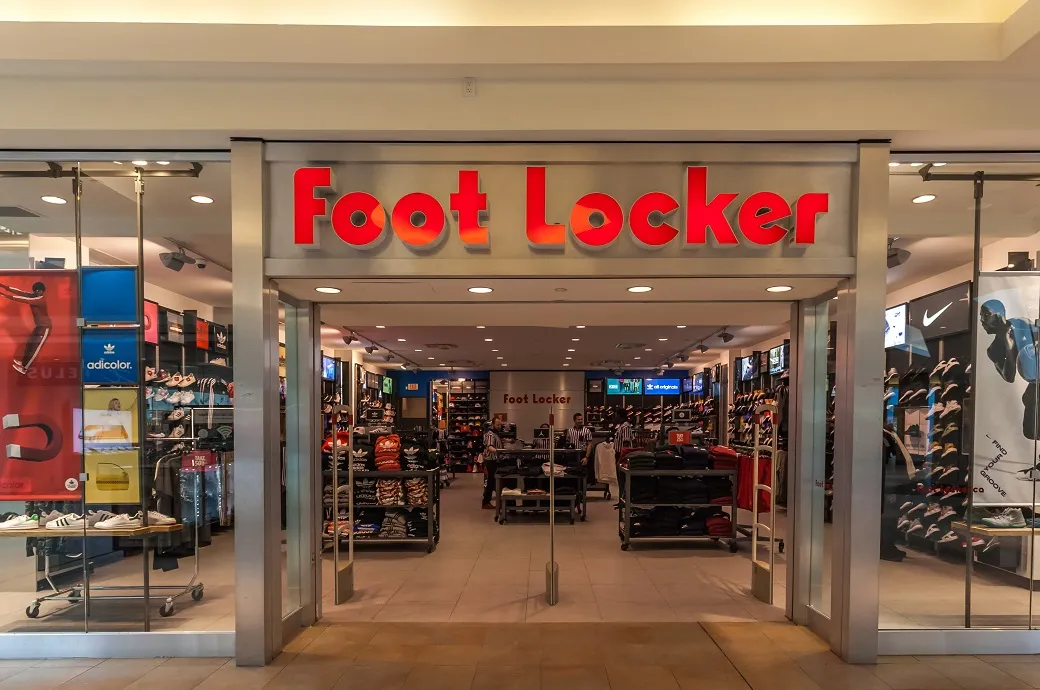Strong Performances from Retail Giants
In the past week, retail giants Foot Locker, Gap, and Abercrombie have reported remarkable financial performances, showcasing their resilience amidst selective consumer spending. Each of these brands has leveraged strategic initiatives and robust product offerings to maintain market positioning and attract a loyal customer base.
Foot Locker, a leading athletic footwear and apparel retailer, reported an impressive revenue growth driven by its strong e-commerce presence and innovative in-store experiences. The company’s focus on exclusive product launches and partnerships with popular brands has bolstered same-store sales, contributing to a significant boost in profit margins. Notably, Foot Locker’s strategic investments in digital transformation have enabled it to create a seamless omnichannel shopping experience, further enhancing customer loyalty.
Similarly, Gap Inc., which operates well-known brands such as Old Navy, Banana Republic, and Athleta, showcased a solid financial performance. The company’s emphasis on athleisure and casual wear has resonated well with consumers seeking comfort and style. Gap’s strategy of streamlining operations and optimizing supply chains has resulted in improved efficiency and cost savings. This focus, coupled with targeted marketing campaigns, has driven an increase in same-store sales and overall revenue growth.
Abercrombie & Fitch has also demonstrated a robust financial performance, attributed to its rebranding efforts and focus on inclusivity. The company’s strategic pivot towards more diverse and sustainable product lines has attracted a broader customer base. Abercrombie’s commitment to enhancing the in-store experience and expanding its digital footprint has been instrumental in driving higher profit margins and revenue growth.
These retail giants have successfully navigated the challenging economic environment by adapting to changing consumer preferences and leveraging their unique market positioning. Their strategic initiatives, coupled with strong product offerings, have not only attracted but also retained customers, ensuring continued financial success.
Selective Consumer Spending: A New Reality
In the current economic climate, consumers are demonstrating a marked shift in their spending habits, with a growing preference for value and quality over sheer quantity. This trend, influenced by factors such as inflation and economic uncertainty, is reshaping the retail landscape. As prices rise and economic conditions fluctuate, shoppers are becoming increasingly judicious in their purchasing decisions, often scrutinizing the value proposition of each item before making a purchase.
Inflation has played a significant role in this shift, eroding disposable incomes and prompting consumers to prioritize essential goods and high-quality purchases that offer long-term value. The uncertainty surrounding economic stability has further reinforced this behavior, as individuals seek to maximize the utility of their expenditures. In response, retailers are adapting their strategies, focusing on providing exceptional value and enhancing the overall shopping experience to retain and attract customers.
Retailers such as Foot Locker, Gap, and Abercrombie & Fitch are capitalizing on this trend by optimizing their product offerings and marketing strategies. They are emphasizing the durability, functionality, and overall worth of their products, appealing to consumers’ desire for investments that provide sustained benefits. Additionally, these retailers are leveraging data analytics to understand consumer preferences and tailor their inventory accordingly, ensuring that their offerings align with current demand.
Beyond the immediate adaptations, retailers are also preparing for potential future trends in consumer spending. As the economic landscape continues to evolve, there is an anticipation that the emphasis on value and quality will persist. Retailers are investing in sustainability and ethical production practices, which are increasingly important to consumers. By aligning their operations with these values, retailers can build stronger customer loyalty and differentiate themselves in a competitive market.
The selective spending behavior of consumers signals a transformative period for the retail industry. Retailers that can adeptly navigate these changes by focusing on quality, value, and ethical practices are likely to thrive. Observing and responding to these evolving consumer priorities will be crucial for sustained success in the dynamic retail environment.



































